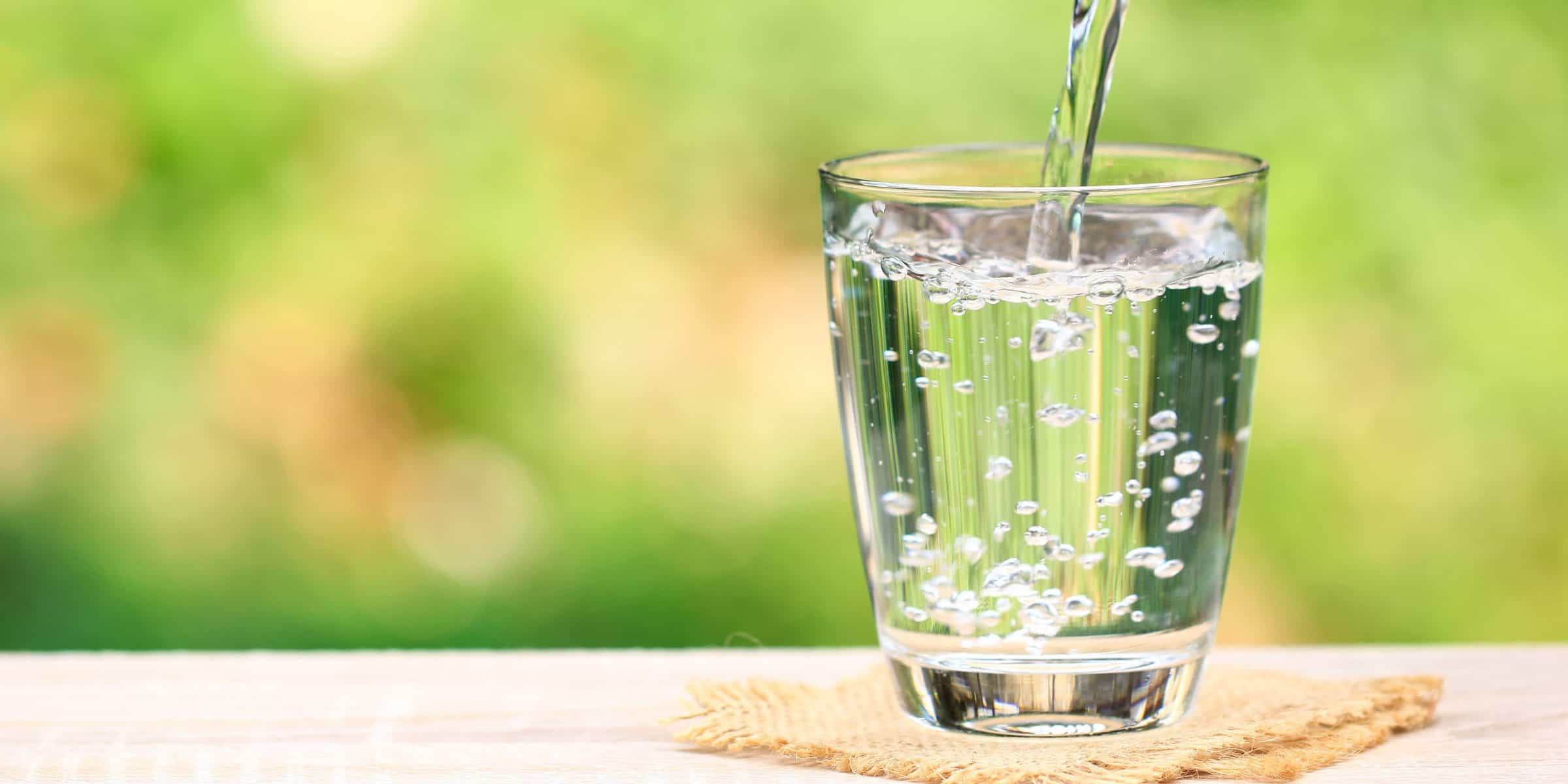Quotes about water abound, and rightly so given the magnitude of impact and influence it has on our physical, mental and spiritual well-being.
“To understand water is to understand the cosmos, the marvels of nature and life itself.” —Dr. Masara Emoto
We grow in the womb surrounded by amniotic fluid, much of which is composed of water. Therefore, it would stand to reason that water would remain a consistent theme throughout our lives.
We have become serious water bottle toters these days! Fancy, insulated water bottles “flood” store shelves in all shapes and sizes, and we are fortunate to have an abundance of clean water in most parts of the United States.
Why is it then, that many people suffer from dehydration?
Did you know that as little as 2% dehydration can affect athletic performance, organs, and cognitive function?
Did you know that dehydration can mimic hunger? Some other signs of dehydration include
- Excessive thirst
- Fatigue
- Dark yellow urine or urine that smells strong
- Dizziness
- Dry mouth, lips, skin
- Decreased urination
If you know your Ayurvedic body type, be aware that the vata body is most prone to dehydration, with pitta coming in second, and kapha, third.
“The memory of life arrived on this earth carried by the soul of water. From this memory, life awoke, the human being emerged.” —Dr. Masara Emoto
How much water is enough?
The Ayurvedic rule of thumb for staying hydrated is to drink half your body weight in ounces each day and consume more if you sweat or drink caffeinated beverages or alcohol, as they have a diuretic effect.
If you are overweight, you may want to consume less water to avoid bloating. Conversely, if you are under-weight, you may need to drink more than half your body weight in ounces. Overall, this means that you are drinking your healthy, ideal body weight in ounces. The emphasis here is on the word HEALTHY, as it applies to your ideal body weight.
Factoring in the seasons, many of us think that summer is the most dehydrating because we are prone to sweating more, but winter is actually very dehydrating due to its light, cold, dry nature and the fact that many of us have heating systems in our homes that are very desiccating.
“Water is the driving force of all nature.” —Leonardo da Vinci
As our bodies mimic nature’s tendencies, we tend to retain water when the earth is saturated with the rain and/or melting snow that accompanies spring time. However, this too shall pass as we transition to summer.
Finally, here are some tips for staying hydrated:
- Many of us are very busy all day and forget to drink enough. Set a timer on your phone and drink every time it goes off.
- Each morning, fill your water bottles for the day to make it easy to keep track of how much you are drinking.
- If you’re working or exercising in a climate that promotes more sweating, you may already be drinking copious amounts of water, but may also need to replace electrolytes that can get flushed out in an effort to maintain healthy levels of hydration.
- Always favor room temperature or warm water for hydration. Cold water might feel thirst quenching in the moment, but cold beverages put out one’s digestive fire (agni) and create toxins (ama) in the body. These negative effects dehydrate us.
.




